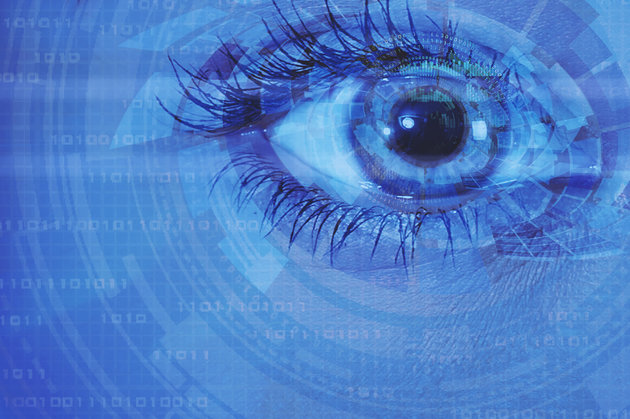Artificial intelligence (AI), hyperimaging, macroscopes and smart sensors are some of the biggest innovations that will help change our lives within five years.
This is according to IBM, which yesterday unveiled its annual “IBM 5 in 5” – a list of ground-breaking scientific innovations with the potential to change the way people work, live, and interact during the next five years.
1) AI Helps Improve Mental Health
While the promise of Artificial Intelligence (AI) is linked to non-human, silicon-based systems, IBM expects that machine intelligence will help to improve mental health in the next five years.
“At IBM, scientists are using transcripts and audio inputs from psychiatric interviews, coupled with machine learning techniques, to find patterns in speech to help clinicians accurately predict and monitor psychosis, schizophrenia, mania and depression,” IBM stated. “Today, it only takes about 300 words to help clinicians predict the probability of psychosis in a user.”
2) AI Combined with Imaging will Improve Vision
AI also will play a role in helping to make more of the invisible world, visible to humans and machines.
“In five years, new imaging devices using hyperimaging technology and AI will help us see broadly beyond the domain of visible light by combining multiple bands of the electromagnetic spectrum to reveal valuable insights or potential dangers that would otherwise be unknown or hidden from view,” IBM predicts.
3) Forget Microscopes, the Future is about Macroscopes
With Big Data, the world has become deluged in a massive volume of data. Making sense of it all doesn’t require a microscope, but rather, what IBM is referring to as a ‘macroscope.’
“In five years, we will use machine learning algorithms and software to help us organize the information about the physical world to help bring the vast and complex data gathered by billions of devices within the range of our vision and understanding,” IBM stated. “We call this a “macroscope” – but unlike the microscope to see the very small, or the telescope that can see far away, it is a system of software and algorithms to bring all of Earth’s complex data together to analyze it for meaning.”
4) Medical Diagnosis on a Chip
Rather than going to a physical lab to get tested for a potential health condition, IBM predicts the emergence of medical labs on a chip. That is, some form of silicon system on a chip that will be able to help diagnose early indicators of a medical condition.
“The lab-on-a-chip technology could ultimately be packaged in a convenient handheld device to allow people to quickly and regularly measure the presence of biomarkers found in small amounts of bodily fluids, sending this information securely streaming into the cloud from the convenience of their home,” IBM predicts.
5) Pollution Detected by Smart Sensors
Big cities around the world are increasingly dealing with high levels of pollution. The fifth of the IBM’s predictions for the next five years is the emergence of new smart sensor technology to accurately detect and report environmental pollutants. IBM is working on new silicon photonics chips that could help play a role in the smart sensor world.
“These chips could be embedded in a network of sensors on the ground or within infrastructure, or even fly on autonomous drones; generating insights that, when combined with real-time wind data, satellite data, and other historical sources, can be used to build complex environmental models to detect the origin and quantity of pollutants as they occur,” IBM stated.















